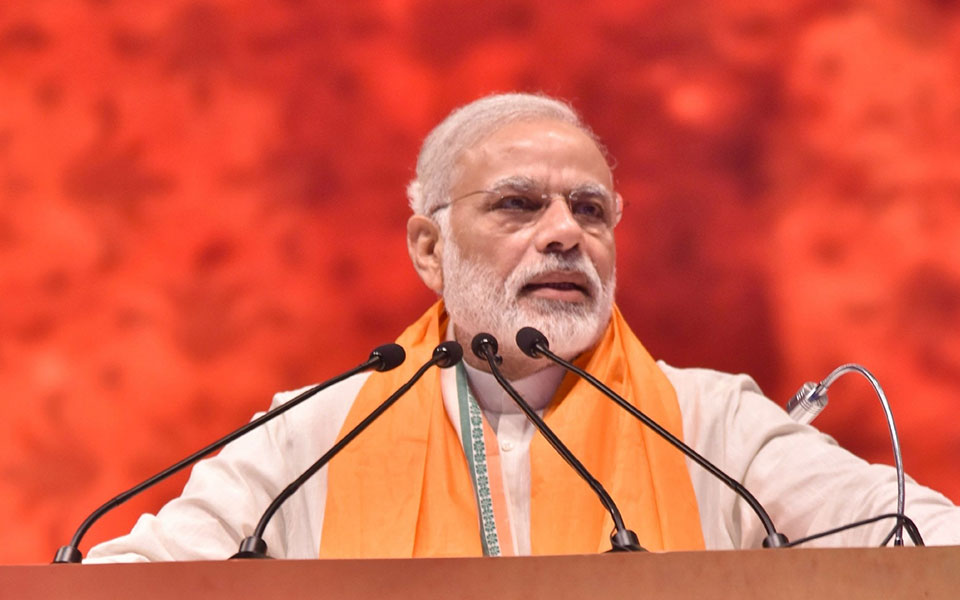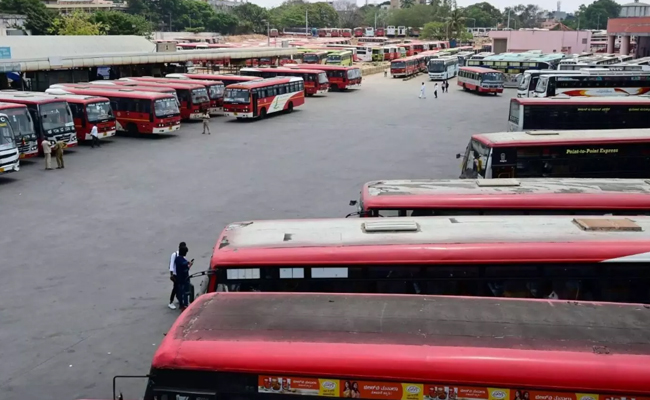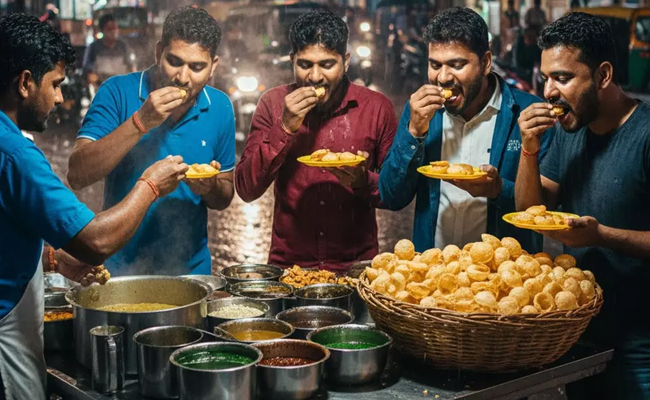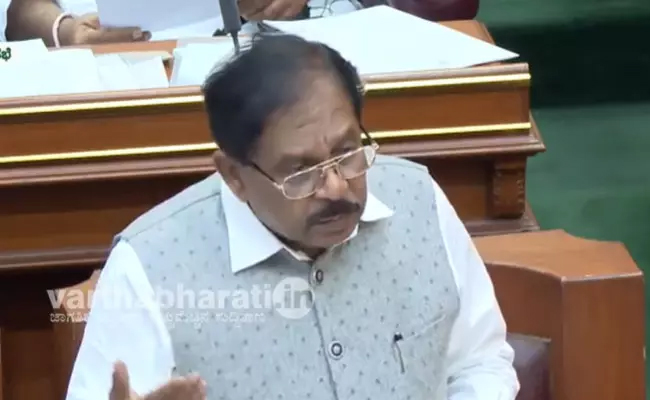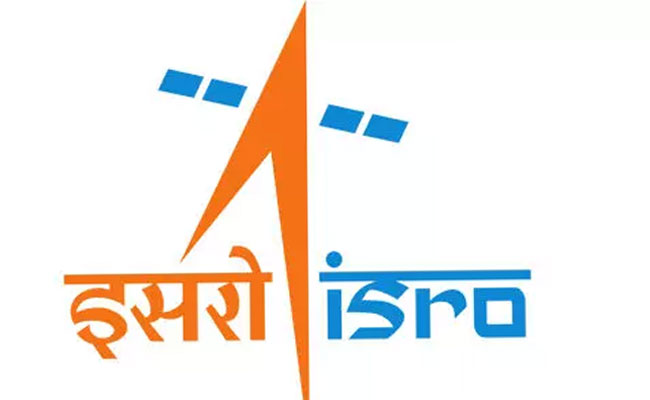New Delhi, July 10 : India and South Korea signed 11 agreements, including in the areas of trade, cultural and scientific and technological cooperation, during the visit of South Korean President Moon Jae-in to India.
The two sides signed a joint statement on Early Harvest Package of the upgraded Comprehensive Economic Partnership Agreement (CEPA), the External Affairs Ministry said on Tuesday.
The Early Harvest facilitate ongoing negotiations on upgrading the India-South Korea CEPA, that came into operation in 2010, by identifying key areas for trade liberalisation.
A memorandum of understanding (MoU) was signed that is aimed at anti-dumping, subsidy, countervailing and safeguard measures through consultations and exchange of information through establishment of a cooperation committee comprising government officials and domain experts.
Another MoU was signed for the formation of a Future Strategy Group for cooperation in development of cutting edge technologies for commercialization to reap benefits of the 4th Industrial revolution.
Thrust areas include Internet of Things (IOT), Artificial Intelligence (AI), Big Data, Smart Factory, 3D printing, electric vehicles, advance materials and affordable healthcare for the elderly and disabled.
A cultural exchange programme for the period 2018-2022 was signed to deepen cultural and people-to-people relations by providing for institutionalised cooperation in fields of music and dance, theatre, art exhibitions, archives, anthropology, mass media programmes and museum exhibits.
An MoU was signed on similar lines to to facilitate upgrade and expansion of the existing monument in Ayodhya commemorating Princess Suriratna (Queen Hur Hwang-ok), a legendary princess of Ayodhya, who went to Korea in 48 A.D. and married King Kim-Suro.
A large number of Koreans trace their ancestry to this legendary princess and new monument will be a tribute to the shared cultural heritage between the two countries.
Other MoUs signed include cooperation in the areas of scientific and technological research, railway research, biotechnology and bio-economics, ICT and telecommunications, and micro, small and medium enterprises.
Let the Truth be known. If you read VB and like VB, please be a VB Supporter and Help us deliver the Truth to one and all.
Bengaluru: The Karnataka State Road Transport Corporation will operate 1000 additional special services in view of the Christmas festival.
In addition to the existing schedule, the special services will run on 19.12.2025, 20.12.2025 and 24.12.2025. Further, special buses will be operated from various places of intra & Interstate places to Bengaluru on 26.12.2025 & 28.12.2025.
Special buses will be exclusively operated from Bengaluru Kempegowda Bus Station to Dharmastala, Kukkesubramanya, Shivamogga, Hassan, Mangaluru, Kundapura, Shringeri, Horanadu, Davangere, Hubbali, Dharwad, Belagavi, Vijayapura, Gokarna, Sirsi, Karwar, Raichur, Kalaburagi, Ballari, Koppala, Yadgir, Bidar, Tirupathi, Vijayawada, Hyderabad and other places.
ALSO READ: Bengaluru: Shopkeeper stabbed for refusing to serve free panipuri
Special buses from Mysuru Road Bus Station will be exclusively operated towards Mysuru, Hunsur, Piriyapatna, Virajpet, Kushalanagar, Madikeri.
The corporation has also announced a discount of 5 per cent on the fare if four or more passengers book tickets under a single reservation. A discount of 10 per cent will be extended on return journey tickets if onward and return tickets are booked simultaneously.
In addition to the above, special buses will be operated from all Taluk/District Bus Stands in the jurisdiction of KSRTC based on the traffic needs.

